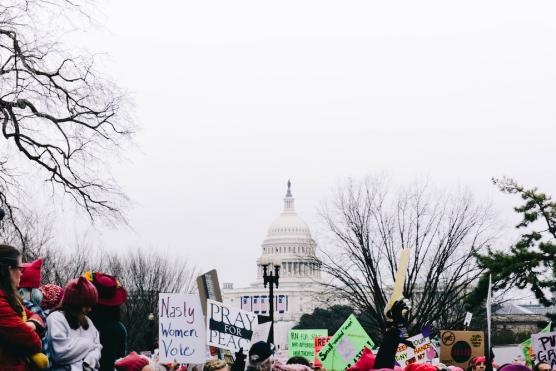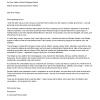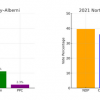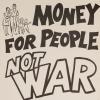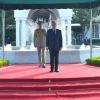Government Censorship Essay
Noor Salam
Censorship is the prohibition of speech, public communication, parts of books, films, news, or other information that can be considered distasteful, harmful, sensitive, or offensive. Has it ever occurred that around 416 books have been banned or challenged in 2017? Many things are censored in this society to the point where the public is slowly losing information instead of gaining it. Through the frequent use of censorship from the government, in today’s society people are lacking the information, knowledge, and permission to say anything which also raises issues of freedom of speech.
Censorship involves the suppression of speech or public communication and raises issues of freedom of speech. The use of censorship is very frequent in the modern world. According to, “The censorship of the American mind” (Chumley) “Just over 90 percent of public colleges maintain policies that don’t live up to their free speech obligations under the First Amendment…”. In this case this demonstrates how, the vast majority of students have to surrender their free speech rights the moment they step onto campus. Furthermore, censorship also occurs in technology including the internet. As stated in, “21st-century censorship” (Bennett & Naim) “As a result, the internet’s promise of open access to independent and diverse sources of information is a reality mostly for the minority of humanity living in mature democracies.”. As mentioned, when the internet is less censored it can only be accessed by a small population of people. Not to mention, what led me to the topic of government censorship is the novel Fahrenheit 451 by Ray Bradbury; has a reoccurring theme of censorship. The novel discusses
the idea of how censorship prevents the knowledge we need. As demonstrated by a system that prevents education and the freedom by burning books. In Fahrenheit 451, the futuristic society is consumed into a world with no freedom due to censorship. Censorship can overthrow society’s freedom.
Furthermore, many factors are involved when discussing the effect of censorship if it continues in our society. Everyone possesses freedoms and rights, like freedom of speech or the freedom to express themselves. However, the government limits these freedoms using censorship to restrain these rights. In fact, the most important idea of media is that it allows people to express themselves or speak freely. So, if censorship continues that idea of having our basic freedoms would be near to absent. According to, “Protecting First Amendment on Internet” (Internet), “Because the Internet is available to any child with access to a computer and because it may often be desirable to limit young children's access to sexual, racist, violent or other inappropriate content, special attention must be paid to their needs... Children can be safeguarded through devices and/or software that will allow parents to restrict on-line services and Internet areas that their children can visit. Aside from such technological options, parental
concerns can be met best by parents spending time with their children and sharing their ideas and values so that the children will be better prepared to make their own decisions as they mature.” In other words, many fears and worries can be avoided in a society without censorship. If censorship continues, people would overlook their rights, lose their knowledge, and would be limited to what they learn. Although many concerns arise from the idea of having no censorship, there are other alternatives.
Overall, censorship as a whole can limit our rights as well as limit our ability to learn and use our freedoms. Without censorship, we’d be exposed to the world more freely and the first amendment right would be more protected. The internet, books, media, speech, etc. being censored limits our resources to learn and makes us less obligated to acquire information and gain knowledge. A society without censorship would ultimately impact us in many ways and help us improve and develop.
Works Cited
Chumley, Cheryl K. “The Censorship of the American Mind.” The Washington Times, The Washington Times, 13 Dec. 2018, www.washingtontimes.com/news/2018/dec/13/the-censorship-of-the-american-... .
“21st-Century Censorship.” Columbia Journalism Review, Feb. 2015, www.archives.cjr.org/cover_story/21st_century_censorship.php .
“Protecting First Amendment on Internet.” Http://Web.b.ebscohost.com/Ehost/Detail/Detail?Vid=8&Sid=b9e83c5d-a5a1-4428-b81d-7670e0b15692@Pdcvsessmgr02&Bdata=JnNpdGU9ZWhvc3QtbGl2ZQ==#AN=9607165180&Db=f5h, 17 Mar. 1996.











